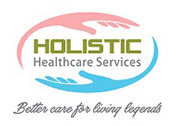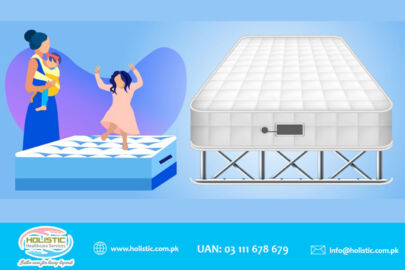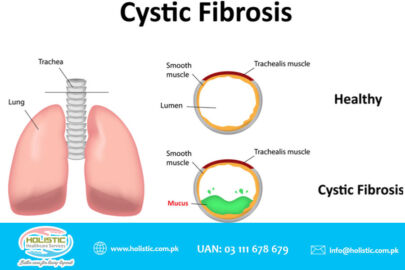As the name implies, Hypertension does not refer to increased nervous tension per se but another name for high blood pressure. It can lead to severe health complications and increase the risk of heart disease, stroke, and sometimes even lead to death. Blood pressure is the force that a person’s blood exerts against the walls of their blood vessels. The only way to diagnose hypertension is to get a reading over a spectrum of time.
Symptoms of High Blood Pressure
Senior citizens are especially at high risk of developing hypertension. If left uncontrolled, most hypertension patients are at high risk of dying of a stroke among other medical complications. If you are a senior citizen and you have the following symptoms, you should immediately visit your physician. The following are also indicators of Hypertension:
- Severe headache
- Fatigue or confusion
- Vision problems
- Chest pain
- Difficulty breathing
- Irregular heartbeat
- Blood in the urine
- Pounding in your chest, neck, or ears
In some cases, people with high blood pressure never get their blood pressure checked and continue functioning normally for years.
Symptoms of severe hypertension can include headaches, shortness of breath. and nosebleeds.
Causes
A number of factors may cause a patient’s blood in the arteries to exert extra force on the walls of these vessels. The following are the primary causal factors:
- Smoking
- Being overweight or obese
- Lack of physical activity
- Too much salt in the diet
- Too much alcohol consumption (more than 1 to 2 drinks per day)
- Stress
- Old age
- Genetics
Types
Primary hypertension, also called essential hypertension, is a kind of hypertension that develops over time with no identifiable cause. Most people have this type of high blood pressure.
Researchers are still unclear what mechanisms cause blood pressure to slowly increase. A combination of factors may play a role. These factors include:
Genetics – Some people are genetically predisposed to hypertension. This may be from gene mutations or genetic abnormalities inherited from your parents.
Physical changes – If something in your body changes, you may begin experiencing issues throughout your body. High blood pressure may be one of those issues. For example, it is thought that changes in your kidney function due to aging may upset the body’s natural balance of electrolytes; salts and fluid. This change may cause your body’s blood pressure to increase.
Environment – Over time, unhealthy lifestyle choices like lack of physical activity and poor diet can take their toll on your body. Lifestyle choices can lead to weight problems. Being overweight or obese can increase your risk of hypertension.
Treatment
If your blood pressure is elevated, your doctor may request you have more readings over the course of a few days or weeks. A hypertension diagnosis is rarely given after just one reading. Your doctor needs to see evidence of a sustained problem. That is to say, two numbers create a blood pressure reading:
Systolic pressure – This is the first, or top, number. It indicates the pressure in your arteries when your heart beats and pumps out blood.
Diastolic pressure – This is the second, or bottom, number. It’s the reading of the pressure in your arteries between beats of your heart.
Hypertension Treatment options
If your doctor diagnoses you with hypertension, lifestyle changes may help reduce your high blood pressure. If lifestyle changes alone are not enough, or if they stop being effective, your doctor may prescribe medication. However, the desired outcome i.e. normal blood pressure must be achieved.
Patients who have high blood pressure need to consult a heart specialist regularly. If the patient is elderly, they may need assistance at home with their daily activities. Contact Holistic Healthcare Services at 03 111 678 679 to talk to our healthcare professionals.





 Reach us on WhatsApp
Reach us on WhatsApp